



Follow the links below to find frequently-asked questions and answers about DALI technology and the DALI Alliance. Please contact us if you have any additional questions.
More detailed technical information:
| >> Technical notes, queries & updates |
More FAQs on other web pages:
| >> FAQs on D4i | >> FAQs on Wireless |
| >> FAQs on Zhaga-D4i | >> FAQs on Wireless Gateways |
| >> FAQs on DALI+ |
FAQs sections below:
|
► DALI-2 |
What is the difference between DALI and DALI-2?
View answerDALI-2 is the latest version of the DALI lighting-control protocol. DALI-2 includes many new commands and features, and has a focus on multi-vendor product interoperability. Also, for the first time, DALI-2 includes control devices (application controllers and input devices such as sensors), which were not part of DALI version-1. Our website (www.dali-alliance.org/dali2/comparison.html) has more information on DALI version-1 and DALI-2.
CloseWhat is meant by “DALI-8”?
View answer"DALI-8" does not exist. The only versions are DALI-2 and its predecessor, DALI version-1. The term “DALI-8” is a mistaken reference to “DALI device type 8” or "DALI DT8" which relates to control gear with colour control, as specified in Part 209 of IEC 62386.
CloseIs DALI training available?
View answerYes, DiiA provides training to member companies, for an additional fee. Subject areas can be tailored to a member’s specific needs. Please contact DiiA for more details.
CloseWill there be a Plugfest?
View answerYes, DiiA has already organized several interoperability test events or Plugfests for members. These events are used primarily to check and improve test sequences, but also allow members to check the interoperability of their products with those of other companies.
CloseWho can use the DALI-2 logo?
View answerThe DALI-2 logo can only be used by DiiA members on their products that have successfully completed the DALI-2 certification process. All DALI-2 certified products are listed in the Product Database on the DiiA website. In addition, Community members of DiiA have certain rights to use the DALI-2 logo on luminaires that contain DALI-2 certified devices, in accordance with the DiiA Trademark Guidelines.
CloseCan luminaire makers use the DiiA logo if they do not certify their own DALI-based products?
View answerYes, DiiA supports luminaire manufacturers that do not certify products themselves but use certified DALI-2 components in their luminaire products. DiiA grants these companies a license to use its trademarks in accordance with the DiiA Trademark Guidelines. Luminaire makers can apply for Community registration; there is no registration fee or license fee.
CloseIs there a cost involved in DiiA certification? Why?
View answerYes, all DiiA members must pay a certification fee for each product certified. Payment is made in advance by purchase of certification credits. This is separate from any testing costs, which the member company must pay independently. The certification fee helps to meet the costs incurred by DiiA, including: Technical support for certification; Developing and improving test-sequence software; Verification of test results; Maintaining the online submission system and product database, and building new functionality; Carrying out market surveillance to protect the value of DiiA and DALI branding.
CloseHow does DALI-2 certification differ from DALI version-1 compliance testing?
View answerThe DALI-2 certification program is based on the latest version of the DALI protocol, and involves verification of test results by DiiA. In contrast, DALI version-1 compliance testing is based on self-declaration without verification of results. As well as covering many different product types, including control devices (e.g. input devices and application controllers), DALI-2 certification offers the promise of improved interoperability of products from different manufacturers.
CloseDo companies have to pay each year to renew DALI-2 certification?
View answerNo, the certification fee is a one-off cost per product. Once a product has been certified, it remains certified for as long as the company remains a member of DiiA.
CloseWhere can I download product test reports or certification documents?
View answerDiiA does not issue test reports or product certification documents. Instead, every DALI-2 certified product is listed on the public search page: (www.dali2.org/products). This page can be used to check the status of DALI-2 certification: Products not appearing in the list are not DALI-2 certified. The same applies to DALI version-1 registration.
CloseWhat is the cost to certify products?
View answerThe cost varies according to circumstances. DALI-2 certification is open only to Regular or Associate members of DiiA, with an annual fee of EUR 15,000 or EUR 5,000, respectively. Each certified product requires the use of one certification credit, purchased in advance. This is a one-time fee (it is not an annual charge). Many companies decide to purchase Probit hardware and other equipment for testing, but this is not mandatory. Some companies pay for the services of a test house. However, the test-sequence software is supplied free to members.
CloseIs DiiA a US-based organization? Who can join?
View answerDiiA is an international organization, and is open to all members of the global lighting community. Our alliance’s administration (IEEE-ISTO) is located in the USA, but we have members in all regions.
CloseWhen does DiiA meet, and who can participate?
View answerDiiA holds regular telephone conferences for the different committees and work groups, namely the Board of Directors, the Technical & Certification Work Group (T&C WG) and the Promotion Work Group (PWG). The T&C WG hosts face-to-face meetings and “Plugfest” events. Only Regular members can participate in Work Groups. All members – Regular and Associate – can attend General Assembly meetings.
CloseWho is driving the development of new specifications?
View answerDiiA drives the DALI-2 certification program, and develops and maintains DALI-2 Test Procedures for the different Parts of the IEC 62386 standard. In addition, DiiA develops new specifications for new features and functions. IEC is responsible for authoring, reviewing and editing the various parts of IEC 62386. Lighting experts from different countries contribute to this IEC working group. Anyone wishing to participate should contact their national IEC committee.
CloseWhy have you changed your name to DALI Alliance?
View answerThe name “DALI Alliance” clearly explains the core purpose of our organization; to support market adoption of DALI lighting-control technologies, systems and products. DiiA still exists as the legal name of the organization.
CloseCan I use the DALI version-1 logo on control devices?
View answerNo. Control devices, including input devices (e.g. occupancy sensors, push buttons etc) and application controllers were not included in version 1 of the DALI standard. Therefore, it is not possible to use the DALI version-1 logo on these products. But DALI-2 certification of these product types is now available.
CloseHas DALI version-1 registration ended?
View answerYes, it is no longer possible to register DALI version-1 control gear on the DALI Alliance website. See www.dali-alliance.org/testing/dali-version-1.html.
CloseWill you continue to support DALI version-1 products?
View answerYes, all DALI version-1 registered products will remain visible in the Product Database (www.dali-alliance.org/products). Also, DALI Trademark use continues to be allowed for all registered products, according to the DALI Alliance "Trademark Guidelines" document.
Close